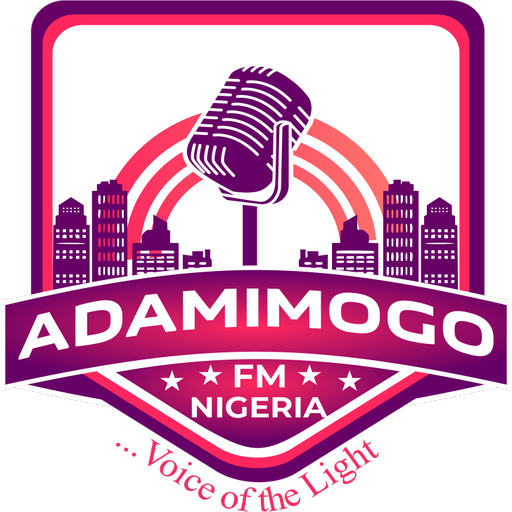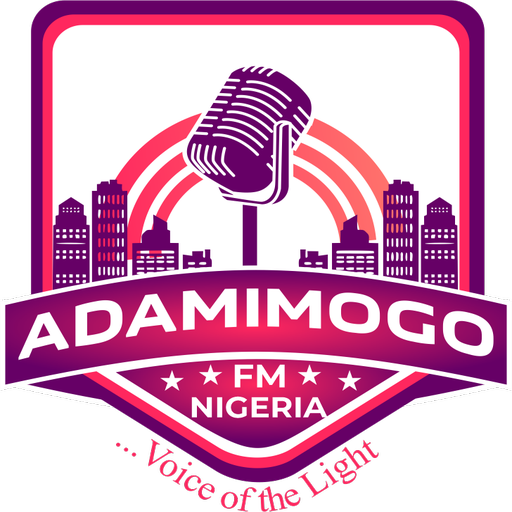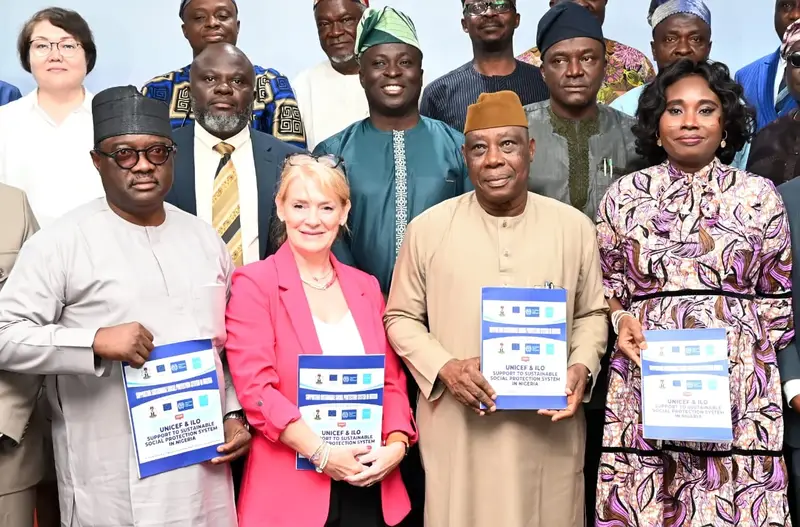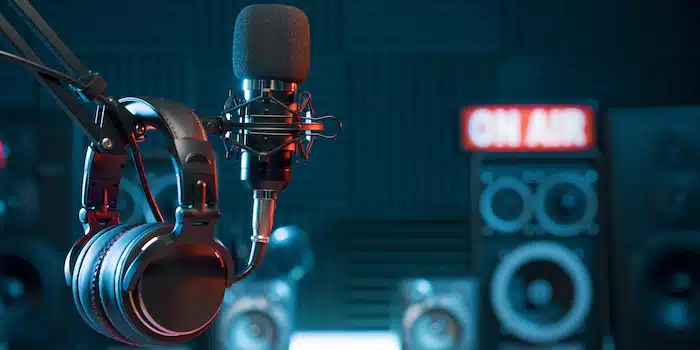The United Nations Children’s Fund (UNICEF), in partnership with the International Labour Organization (ILO) and with funding support from the European Union (EU), has launched the Supporting Sustainable Social Protection Systems in Nigeria (SUSI) project in Oyo State, raising concerns that millions of vulnerable residents, particularly children, remain excluded from existing welfare programmes.
The official launch took place on Monday at the Local Government Staff Training Centre, Secretariat, Ibadan, drawing stakeholders from government, development agencies, and civil society.
UNICEF’s Chief of Lagos Field Office, Celine Lafoucriere, described social protection as “a lifeline, not a luxury,” stressing the urgency of expanding support for poor households across the state. She noted that 48.7 per cent of Oyo’s population is multidimensionally poor, while an alarming 72.7 per cent of children aged 0–17 live in poverty.
Lafoucriere assured that UNICEF and its partners would work closely with the Oyo State government to strengthen institutions, scale up interventions, and forge effective partnerships that guarantee social safety nets for those most in need.
Speaking at the event, Acting Governor Bayo Lawal said the state has prioritised social protection as part of its development agenda, pointing to measures introduced during the COVID-19 pandemic to cushion households against economic shocks. “Our administration has taken deliberate steps to fight poverty and support livelihoods. We distributed food packages to over 200,000 vulnerable households, provided N500 million in loans to small businesses, granted N1 billion to boost food security, and introduced 46 subsidised buses to ease transportation costs,” he said.
In separate goodwill messages, the Commissioner for Health, Dr. Oluwaserimi Ajetumobi, and the Commissioner for Women Affairs, Mrs. Toyin Balogun, highlighted interventions under Governor Seyi Makinde’s leadership. These, they said, include conditional cash transfers to vulnerable groups, the Oyo State Health Insurance Scheme, and the revitalisation of primary health care centres—all aimed at building a climate-resilient and inclusive population.
Earlier, the Commissioner for Budget and Economic Planning, Prof. Musibau Babatunde, explained that social protection had long been integrated into the state’s development strategy. He noted its inclusion in both the Roadmap for Accelerated Development (2019–2023) and the Roadmap for Sustainable Development (2023–2027), stressing Oyo’s “comprehensive approach to reducing vulnerability and encouraging inclusiveness.”
Funded by the EU and implemented in collaboration with UNICEF and ILO, the SUSI project seeks to reinforce Nigeria’s social safety net, enabling it to better respond to shocks, reduce poverty, and promote equity across society.






